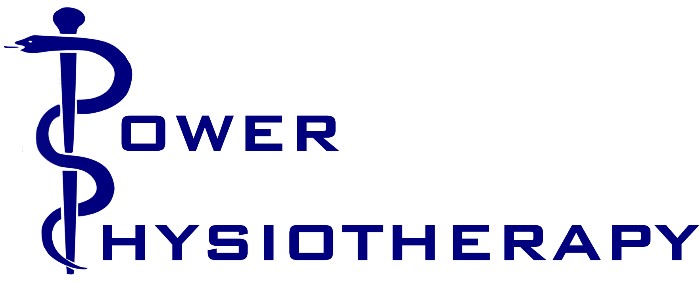 |
|||||||||||||
|
|
|
|
||||||||||
 |
|||||||||||||
 |
What is Physiotherapy? Physiotherapy helps restore movement and function and maximise physical potential and quality of life when someone is affected by injury, illness or disability. It is a healthcare profession allied to medicine - it is not an "alternative" therapy. Physiotherapists work with people to prevent, assess and treat functional impairments using physical interventions including manual techniques, massage and exercise therapy in addition to providing education and advice. Neurological physiotherapists additionally use techniques to facillitate and retrain normal movement, and to normalise muscle tone and spasticity. Physiotherapy is science-based, committed to extending, applying, evaluating and reviewing the evidence that underpins and informs its practice and delivery. The exercise of clinical judgement and informed interpretation is at its core. For more information, please see the Chartered Society of Physiotherapy's website here.
What conditions does Power Physiotherapy treat? Conditions most commonly treated in the community fall into four main categories, with patients often presenting with multiple pathologies: Neurological conditions, including:
Orthopaedic and post-operative, for example:
Respiratory conditions:
In the older adult:
A note on physiotherapy for progressive neurological conditions:
|
 |
|||||||||||
 |
|||||||||||||
© 2007, Melanie Power. All rights reserved. |
|||||||||||||